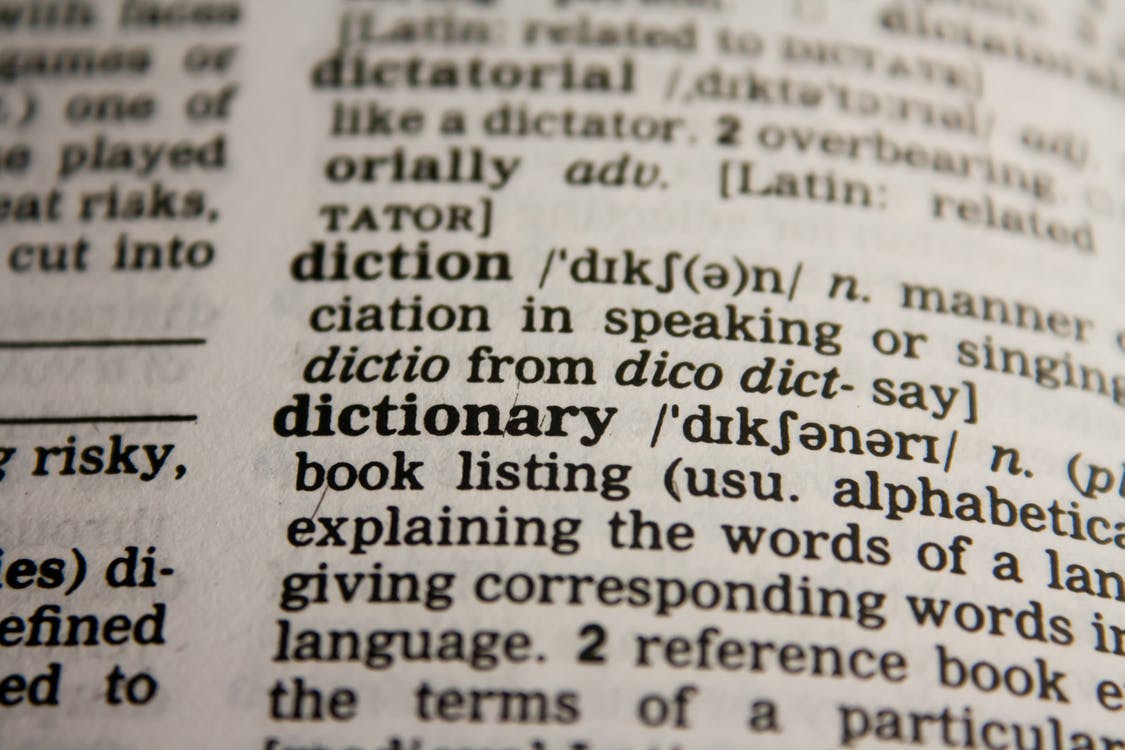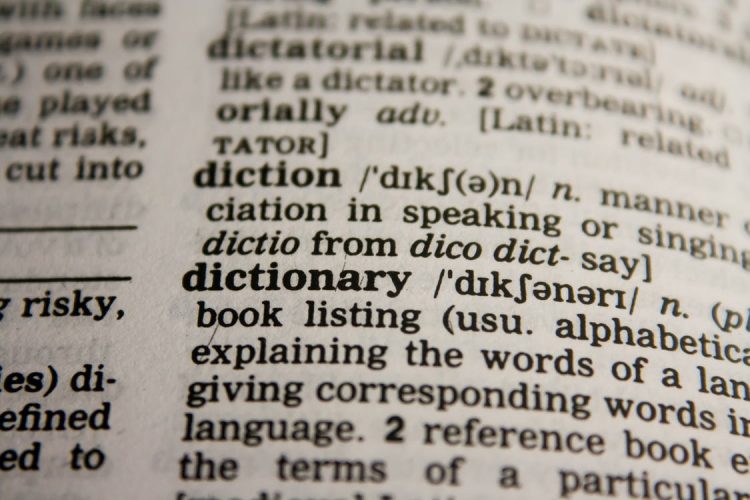Linguistic Anxiety
At the dawn of the Early Modern era, English had multiple dialects and no one dominant form. While language is always changing, it appears that English was changing especially rapidly during the fifteenth century. In this linguistic landscape, printing was established in England. It was at this time that the English dictionary was born.
Printers wanted the books they printed to be understood by as many people as possible. However, the fact that the language varied dramatically from region to region meant that no version of English was accessible to all. The language’s evolution meant that people found it difficult to understand texts that had been written just a century or two earlier.
At the same time, most people believed, incorrectly, that Greek and Latin had remained static over time. This contributed to a widespread but baseless conviction that language change is equivalent to language decay.
These beliefs led many English elites to believe that they needed to standardize the English language. Daniel Defoe, author of Robinson Crusoe, even argued that the creation of new words should be seen as the equivalent of counterfeiting of money. He said making up words should be treated as a crime.
That did not come to pass (thankfully). However, the push to standardize English led to the development of prescriptive grammars as well as the development of dictionaries.
The First English Dictionaries
The first monolingual English dictionary, Robert Cawdrey’s Table Alphabeticall, appeared in 1604. The book was intended, as stated in its first edition, to help “’Ladies, gentlewomen, or any other unskilfull persons” to understand and use difficult words.
The Table Alphabeticall contained just 2,449 entries, a tiny portion of the words in the English language. Most entries contained brief, even one-word definitions – and nothing else.
Other dictionaries were published throughout the seventeenth century. But the English population wanted an authoritative one that would prescribe how to use all English words. They believed that such a dictionary would help stop what they perceived as the decay of English.
Samuel Johnson
In the 1740s, a group of publishers decided to cooperate to produce such a dictionary. For reasons unknown, they asked Samuel Johnson, a minor scholar who had dropped out of college, to be the one to write it.
Since there did not already exist a comprehensive dictionary, Johnson compiled a list of words by reading through hundreds of works of English literature. He included quotations from these texts in his dictionary as examples of how to use the words. An innovation in English-language dictionaries.
Spelling was not yet completely standardized, so Johnson had to decide how to spell some words. Some of his chosen spellings (like publick) have fallen out of use. While others (like keeping the Latin p in receipt but not deceit) have contributed to the language’s wacky spelling conventions.
Next, Johnson had to write definitions for all the words. According to Jack Lynch’s The Lexicographer’s Dilemma, Johnson said that coming up with definitions was the “part of my work on which I expect malignity most frequently to fasten.” Unlike the earlier Table Alphabeticall, Johnson’s dictionary attempted to define simple-but-hard-to-explain words. And to tease out multiple meanings for given words. He gave time twenty definitions and put a whopping 134!
Johnson explicitly cast judgment on certain words, writing, for instance, that ruse was “A Fremch word neither elegant nor necessary.” He slipped in a few dry jokes as well. Perhaps his most famous is his self-deprecating definition of lexicographer: “A writer of dictionaries; a harmless drudge.”
Finally, in 1755, after nine years of hard work, Johnson had independently defined about 40,000 separate words. And his Dictionary of the English Language was published.
Johnson’s Legacy
After all that, Johnson came to the conclusion that the goal of standardizing the language was misguided. He wrote in his dictionary’s preface that he’d realized it was impossible for a dictionary to “embalm his language, and secure it from corruption and decay.”
Johnson recognized that the dictionary was not the authority on how to use words. Instead, people were. “Language,” contemporary linguist Gretchen McCulloch has said, “is an open source project, and dictionaries are help documentation”. Johnson’s dictionary documented how people, especially literary writers, used the English language.
A Dictionary of the English Language was not perfect, but it was astounding for its breadth and depth. As well as for its author’s acknowledgement that it was a record of English as the language was used at the time. Instead of a statement on how English was supposed to be used for all eternity. In many ways, Samuel Johnson laid the groundwork for all later English dictionaries.


